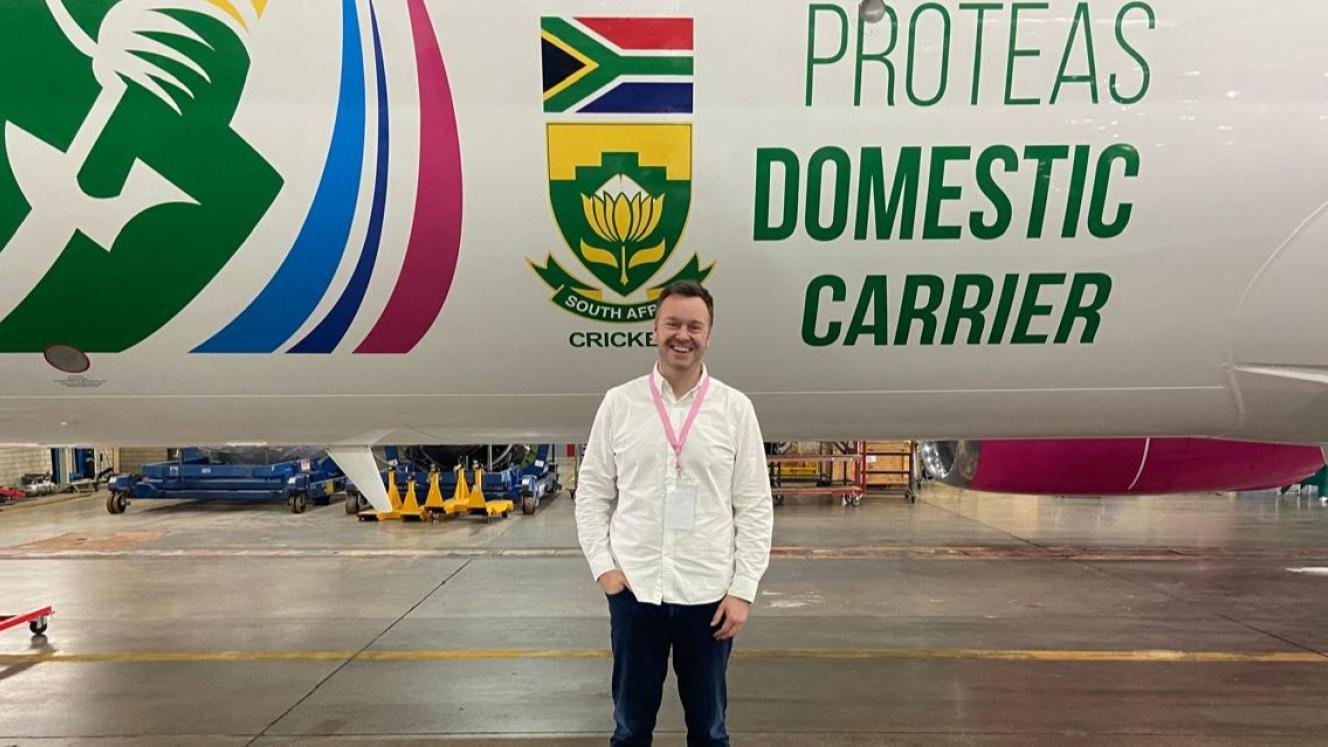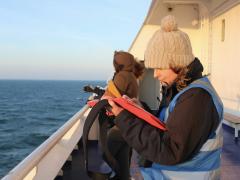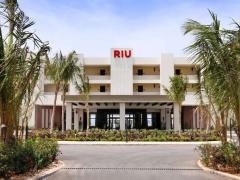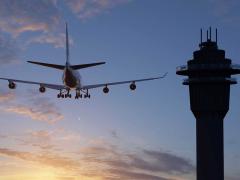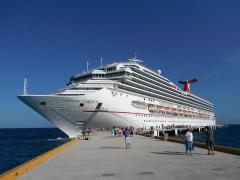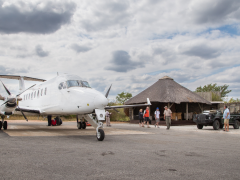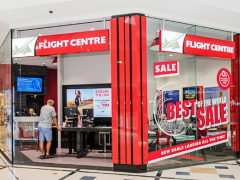At the recent unveiling of the new FlySafair livery reflecting its sponsorship of the Proteas, Kirby Gordon, Chief Marketing Officer at FlySafair, spoke to Travel News on the topic of how the South African aviation industry could grow from where it currently stands.
FlySafair is the dominant domestic carrier and has 60%-plus of domestic marketshare and 37 aircraft in its fleet.
Fortify the ecosystem
Gordon says that first on the agenda is the need to reinforce the aviation ecosystem.
That means addressing the challenges at ATNS, the security of aviation fuel and the need for upgrades and maintenance at the airports, from baggage security through to runways.
“We need some strong intervention to help fortify the space in which we operate and the facilities that we really rely on to be able to ply our trade. Once we get back to a position where these things are not in our way, then we’ll be in a much stronger position.”
Regulation
The constraints of airline regulation in South Africa present another obstacle.
“The reality is that South Africa’s aviation market is tiny compared with the rest of the world and we simply don’t get to enjoy the economies of scale that keep airlines in other places alive.”
He added that the South African market was a fledgling, which made it vulnerable. In order to grow, it needed to be supported and promoted.
“It needs as much fertiliser as it can get right now and not too much pruning. It needs freedoms to be able to operate and grow in a free market without overly onerous regulation keeping it stunted.
“I’m not saying that the market should be allowed to be anti-competitive or that there should be any scope for abuse of consumer rights, but any barriers to free trade need to be shaved away to let this industry grow, because aviation is a key economic enabler. It’s infrastructural and as a country and an economy, we need a strong infrastructural backbone to grow on.”
Johannesburg’s fight to be a central hub for the continent is getting harder, observes Gordon. There are growing economies better geographically placed on the continent to be hubs. He also recognised that the dynamic was shifting with Cape Town becoming a very significant port of entry into the country.
Aviation – the job creator
To showcase the importance of providing an enabling environment for aviation, Gordon shared an IATA stat released during the pandemic – every airline job equated to another 24 jobs in the wider economy.
“To support aviation growth, we need to grow the South African economy. The two are co-dependent: a strong aviation sector provides jobs, tourism linkage, belly cargo, connections for trade and industry to thrive – but equally we need consumers who can spend, businesses that do well and need to move goods and people in jobs supporting a strong aviation industry.”
There is another aspect with implications far into the future – skills development.
“There are so many critical and unique skills required in the aviation sector, from air traffic controllers to pilots and technicians. We need to have a strong stream of talented young people feeding into that pipeline to ensure the long-term sustainability of the industry.
“There’s a global shortage of those skill sets and expertise, so there’s so much value that can be added when we have people with those skills. They’re great qualifications to have at the moment,” Gordon said.
